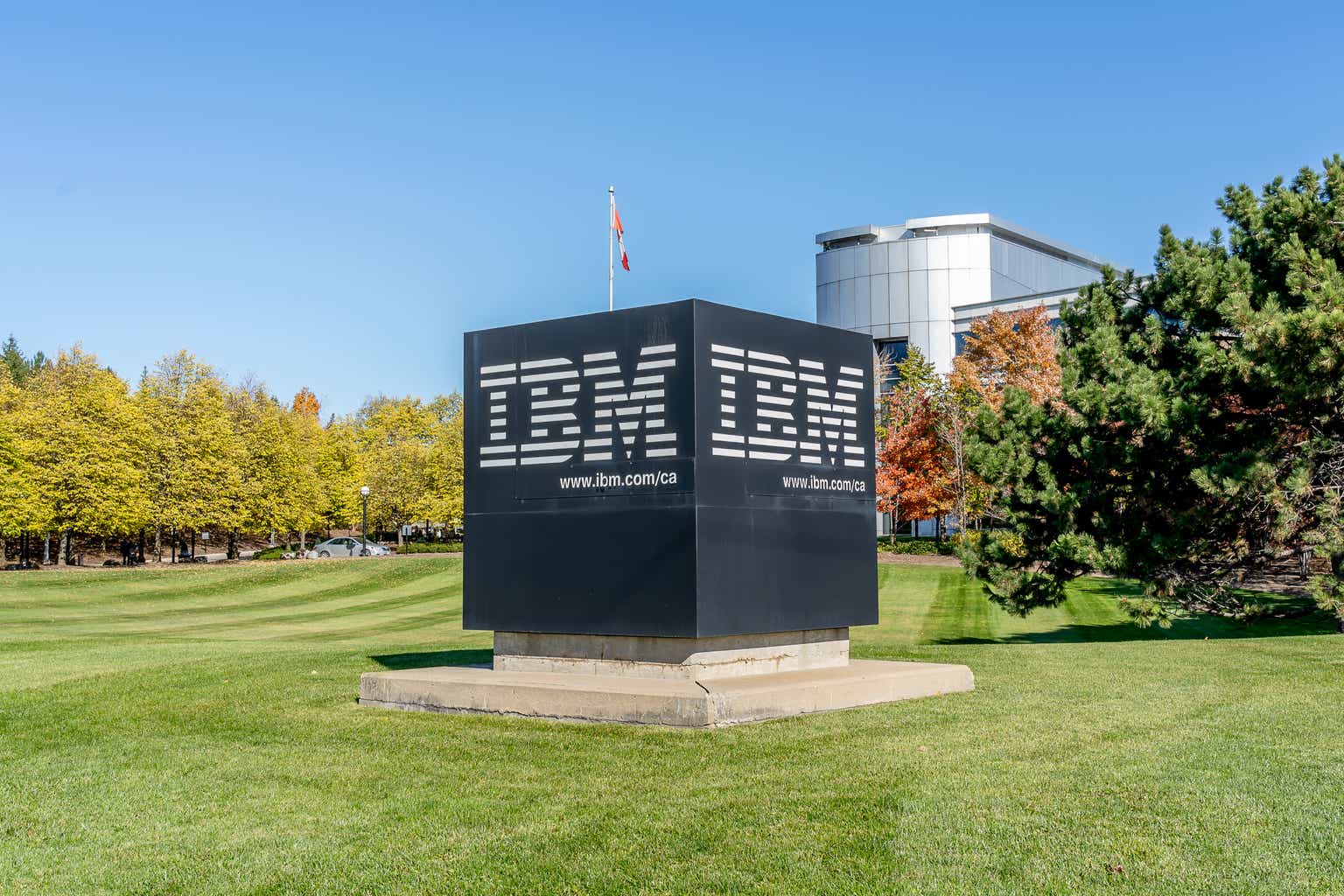Richard Drury/DigitalVision via Getty Images
By Brian Angerame, Jeffrey Bailin, CFA, Aram Green, & Matthew Lilling, CFA
Clarity Emerging for SMID Growth Management Teams
Market Overview
SMID cap growth equities advanced heartily in the third quarter of 2025, with the Russell 2500 Growth Index gaining 10.7%. Markets benefited from a more supportive policy backdrop, highlighted by the Federal Reserve’s September rate cut, the passage of the reconciliation/tax bill and a variety of trade deals that lowered the headline tariffs relative to April levels. As such, the performance of SMID growth equities was broadly in line with large cap peers, as the Russell 1000 Growth Index rose 10.5%, and only modestly trailed the 12.2% return of the Russell 2000 Growth Index.
Encouragingly, the policy environment became more predictable and hopefully supportive for consumers and businesses during the quarter. With reduced headline-driven volatility, we believe companies have renewed confidence to move forward with capital allocation and investment decisions. This shift supported activity in areas such as industrials and health care, where balance sheet strength, strong unit economics and visible growth pipelines remain key differentiators.
While the broad environment has improved, investors remained selective, particularly in industries sensitive to consumer demand and cyclical end markets, or with AI disintermediation risk, and many small- and mid-cap growth companies are still navigating a bottoming process. Uneven demand trends, lingering cost pressures and intensifying competitive dynamics remain headwinds for certain consumer-facing and software-driven business models. Even so, greater stability and lower rates are affording opportunities for well-positioned SMID growth companies.
Portfolio Performance
The ClearBridge SMID Cap Growth Strategy underperformed its benchmark in the third quarter as strong contributions from the health care sector and select industrials holdings were offset by broader weakness in holdings across the information technology and consumer discretionary sectors.
“Balance sheet strength, strong unit economics and visible growth pipelines remain key differentiators.”
In health care, Medpace (MEDP), a contract research organization with exposure to SMID biotech clients and historically strong execution, raised revenue guidance as better than feared booking trends and a confident tone from management suggested that the end market might have reached the bottom of the cycle. Insmed (INSM), focused on therapies for rare respiratory diseases, also advanced after providing positive pipeline updates, including progress on its inhalation powder for lung patients. These gains were complemented by solid results from Doximity (DOCS), a physician network platform, which reported strong revenue growth aided by AI-enabled platform enhancements.
Industrials holdings supporting AI buildouts also delivered strong results. Bloom Energy (BE), a provider of solid oxide fuel cells, surged on enthusiasm for its role as an alternative power source for AI data centers and a strategic agreement with Oracle (ORCL) to power one of its data centers. Comfort Systems (FIX), a leading mechanical services provider produced strong earnings on the back of reshoring and data center demand. Long-standing portfolio holding BWX Technologies (BWXT) also benefited from its position as an enabler of the energy transition through its nuclear business.
Our consumer discretionary holdings weighed on relative performance. Chewy (CHWY), the e-commerce pet products retailer, declined despite solid revenue growth as the company’s second half of 2025 investments were deemed a threat to margins. However, following a meeting with Chewy’s management, we remain confident in its strategic direction to increase recurring revenue through better engagement with its most frequent and highest-spending customers. This confirmation motivated us to add to the position. Wingstop (WING), a high-growth restaurant concept, was weak due to stubborn pressure on same-store sales, a phenomenon seen across much of the restaurant sector in the third quarter. Wingstop continues to enjoy some of the best unit economic and store growth opportunities in the sector, with idiosyncratic drivers in 2026 including a new kitchen display system to improve throughput, and the launch of a loyalty program. The company should also benefit from easier comps relative to 2025, which compared against two straight years of 20%+ same-store sales growth.
IT was another headwind to performance. Allegro MicroSystems (ALGM), a semiconductor company with exposure to automotive and industrial end markets, declined on the uncertain recovery trajectory of these markets, while software companies like Monday.com weighed on results due to vulnerability concerns around AI disintermediation and slowing customer growth.
Portfolio Positioning
Staying consistent to our investment philosophy within the promising SMID growth universe, portfolio activity in the quarter focused on adding innovative growth companies with exposure to large addressable markets. We initiated a position in Avidity Biosciences (RNA), a biotech company with an RNA therapeutics platform and three advanced programs expected to generate clinical data over the next year — all of which represent potential blockbuster assets in areas of high unmet medical need.
We also added Kratos Defense (KTOS) & Security Solutions, a defense technology company with leading positions in unmanned aerial systems, space and satellite communications, and propulsion. Kratos provides exposure to high-growth segments of the defense industry, with an agile, first-to-market approach positioning it well to capture share.
On the sell side, we exited Globant (GLOB), an IT services and consulting company with significant exposure to Latin America. Currency-related geopolitical concerns, uneven spending patterns and rising uncertainty from the risks posed by widespread AI adoption introduced volatility, leading us to reallocate capital to names with stronger visibility and nearer-term catalysts.
Outlook
While SMID cap growth stocks continue to face near-term headwinds from consumer spending, technological advances favoring mega-cap AI beneficiaries, and dynamic global trade/policy environments, we believe the combination of Fed easing and greater policy clarity provides a more constructive environment for companies to execute on growth plans. With IPO activity improving, we also see a healthier pipeline of potential new investment candidates emerging.
We expect volatility to remain elevated given SMID caps’ sensitivity to macroeconomic shifts amid a backdrop where policy and tariff dynamics remain fluid. At the same time, dispersion creates opportunity for active managers to add value through careful stock selection. Although the economy and market remain narrowly driven today, factors appear to be aligning for potential re-acceleration in a variety of depressed subsegments of the SMID growth market. We remain focused on innovative businesses with secular growth drivers, strong balance sheets and differentiated competitive advantages that can sustain durable growth across cycles. We believe this approach and quality bias will support improved performance as the SMID rally broadens out.
Portfolio Highlights
The ClearBridge SMID Cap Growth Strategy underperformed its Russell 2500 Growth Index benchmark during the third quarter. On an absolute basis, the Strategy had positive contributions from seven of the 10 sectors in which it was invested (out of 11 sectors total). The largest contributors were the industrials and health care sectors, while the consumer discretionary and financials sectors detracted the most.
On a relative basis, overall stock selection and sector allocation effects detracted from performance. Stock selection in the IT, consumer discretionary and materials sectors and an overweight to the consumer staples sector weighed on performance. Conversely, stock selection in the consumer staples and health care sectors and an underweight to the financials sector proved beneficial.
On an individual stock basis, the biggest contributors to relative returns during the quarter were Bloom Energy, Medpace, Comfort Systems, Insmed and Sprouts Farmers Market (SFM) (not held). The largest detractors from returns were Astera Labs (ALAB) (not held), Wingstop, Monday.com, Shift4 Payments (FOUR) and Willscot (WSC).
In addition to the transactions mentioned above, we initiated new positions in CG Oncology (CGON) in the health care sector, Karman (KRMN) and Rocket Lab (RKLB) in the industrials sector and Credo Technology (CRDO) in the IT sector. We exited positions in Oscar Health (OSCR) in the financials sector, Blueprint Medicines (BPMC), Ultragenyx Pharmaceutical (RARE) and Vaxcyte (PCVX) in the health care sector, IDEX (IEX) in the industrials sector and Bentley Systems (BSY) in the IT sector.
Brian Angerame, Managing Director, Portfolio Manager
Jeffrey Bailin, CFA, Managing Director, Portfolio Manager
Aram Green, Managing Director, Portfolio Manager
Matthew Lilling, CFA, Portfolio Manager
|
Past performance is no guarantee of future results. Copyright © 2025 ClearBridge Investments. All opinions and data included in this commentary are as of the publication date and are subject to change. The opinions and views expressed herein are of the author and may differ from other portfolio managers or the firm as a whole, and are not intended to be a forecast of future events, a guarantee of future results or investment advice. This information should not be used as the sole basis to make any investment decision. The statistics have been obtained from sources believed to be reliable, but the accuracy and completeness of this information cannot be guaranteed. Neither ClearBridge Investments, LLC nor its information providers are responsible for any damages or losses arising from any use of this information. Source: London Stock Exchange (OTCPK:LDNXF) Group (LDNXF, LNSTY) plc and its group undertakings (collectively, the “LSE Group”). © LSE Group 2025. FTSE Russell is a trading name of certain of the LSE Group companies. “Russell®” is a trade mark of the relevant LSE Group companies and is/are used by any other LSE Group company under license. All rights in the FTSE Russell indexes or data vest in the relevant LSE Group company which owns the index or the data. Neither LSE Group nor its licensors accept any liability for any errors or omissions in the indexes or data and no party may rely on any indexes or data contained in this communication. No further distribution of data from the LSE Group is permitted without the relevant LSE Group company’s express written consent. The LSE Group does not promote, sponsor or endorse the content of this communication. |
Editor’s Note: The summary bullets for this article were chosen by Seeking Alpha editors.















